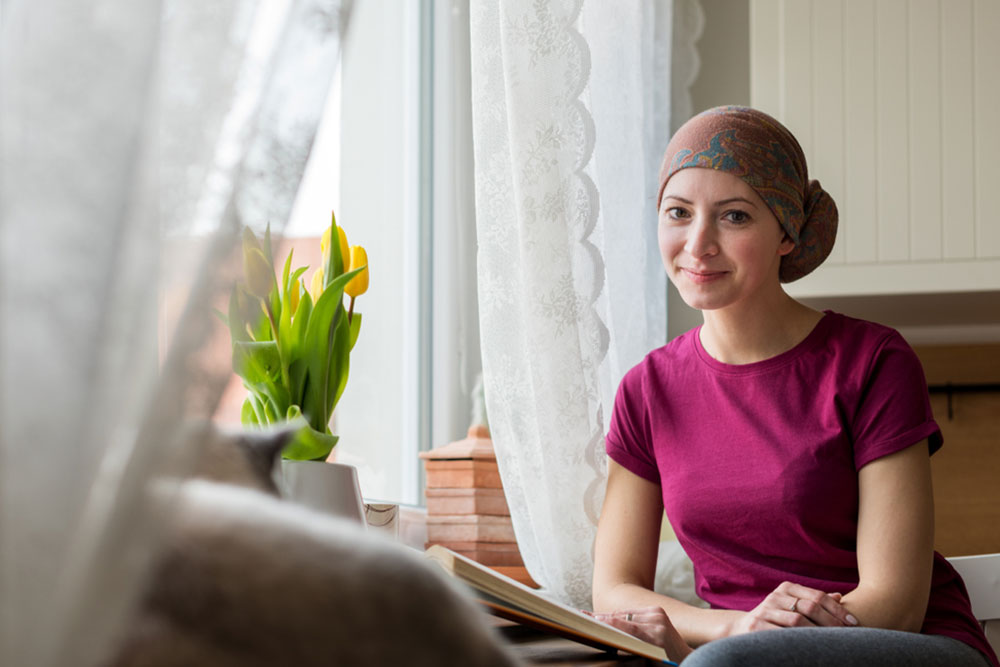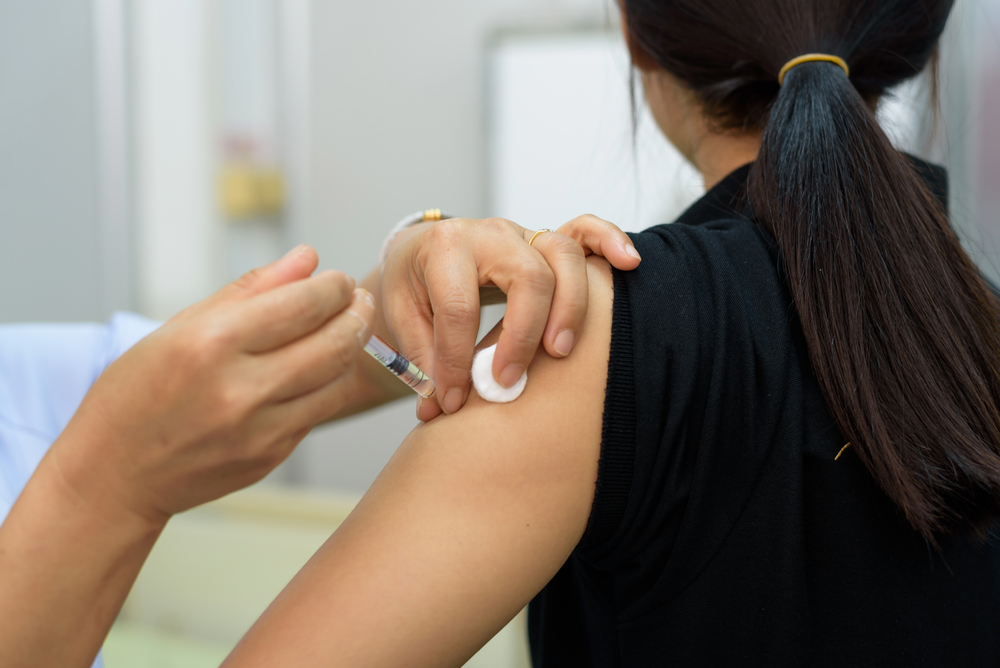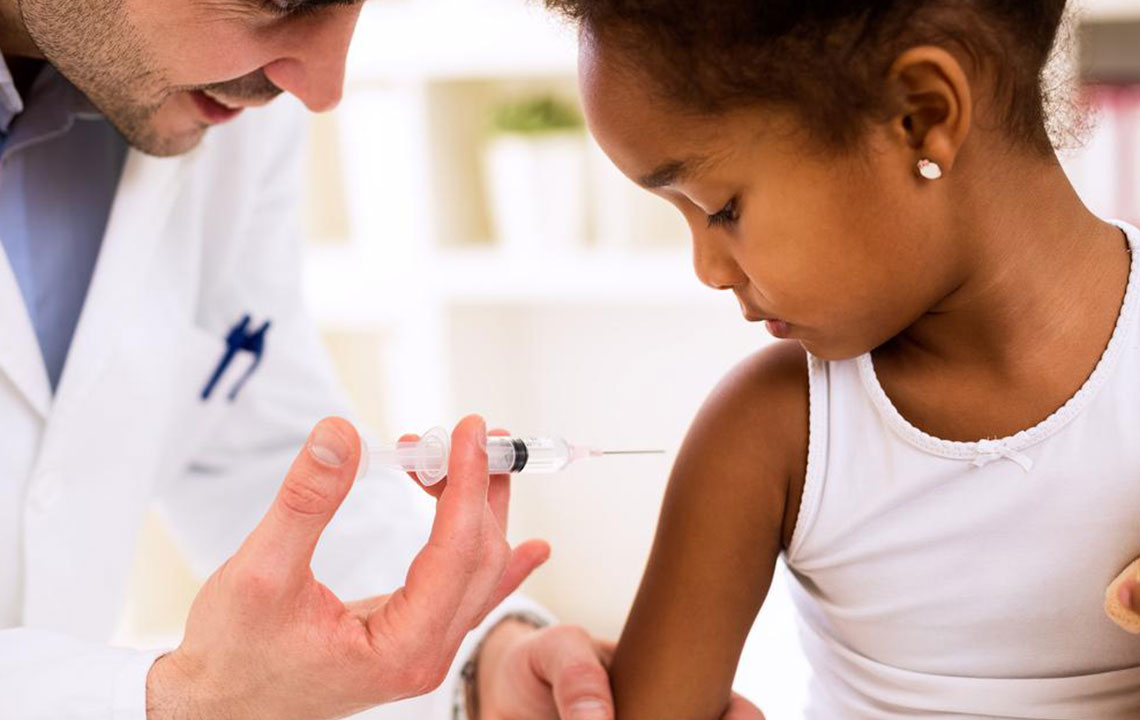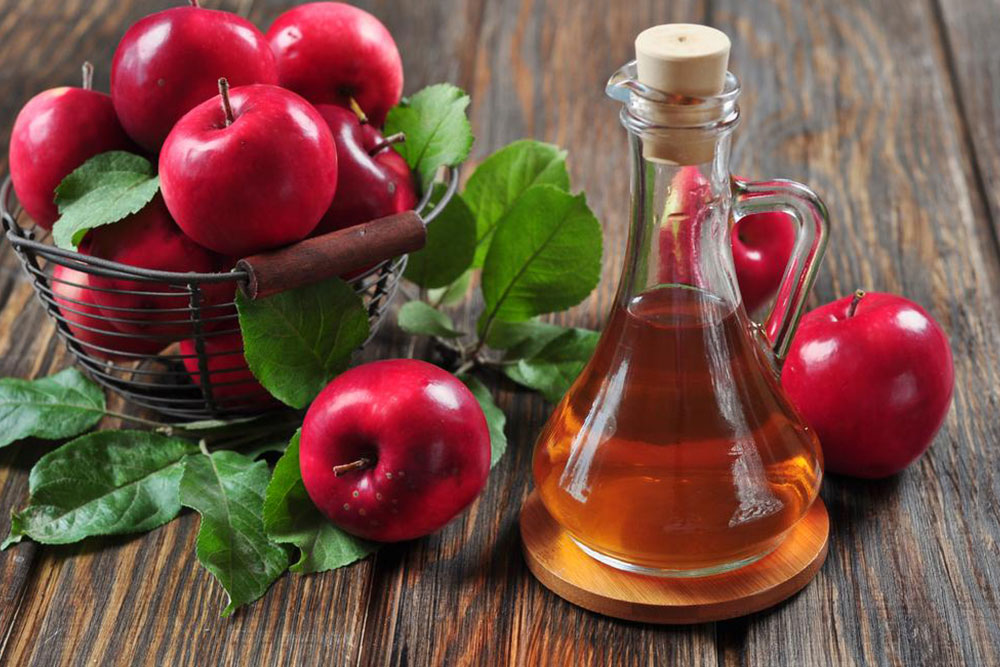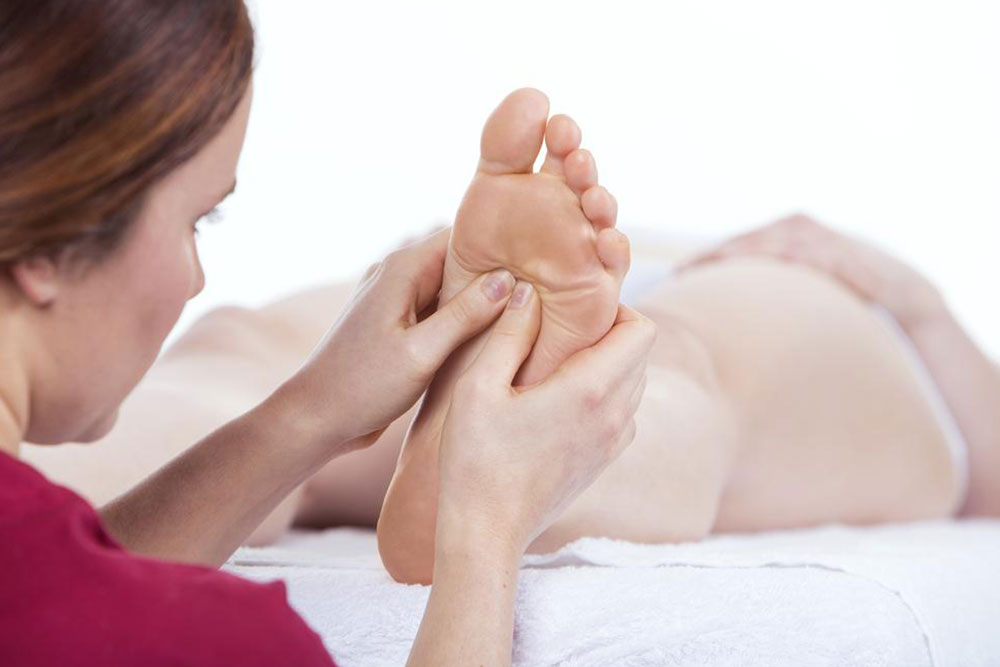Here’s Why Getting an HPV Vaccine is Important
The Human Papillomavirus (HPV) triggers STD (sexually transmitted diseases) infections that mostly spread through intimate contact. Studies indicate that at least 1 in 4 people have a chance of contracting the HPV infection. In most cases, the symptoms experienced are mild, and the infection tends to resolve on its own without the need for medical intervention. However, HPV is one of the leading triggers of 6 different types of cancer that affect men and women in the later stages of life.
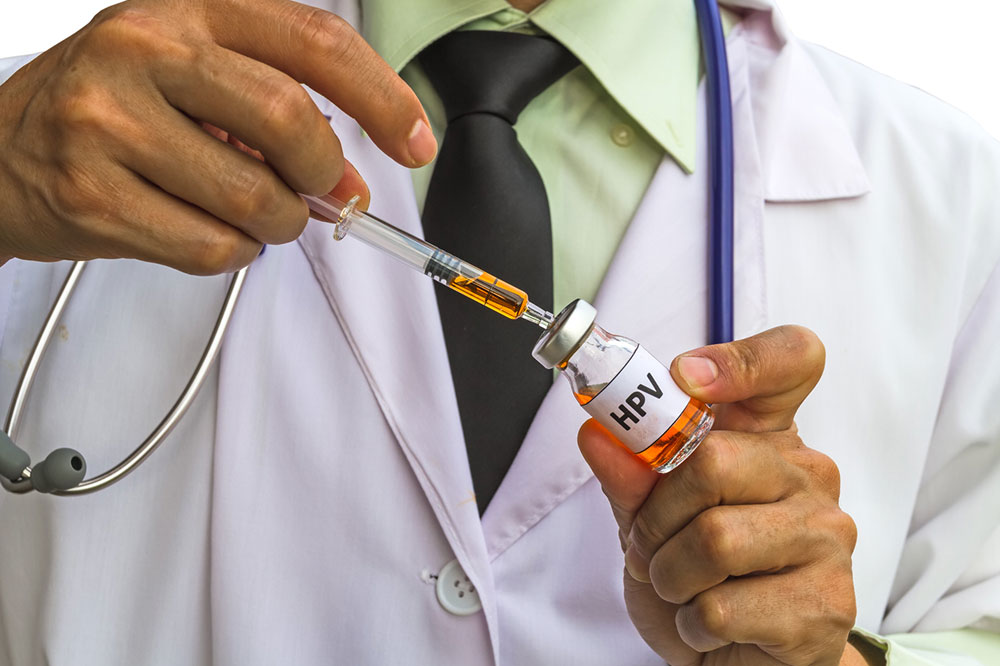
Statistics indicate that nearly 80 million people in the country may carry some form of the HPV virus. From these, roughly 14 million are infected each year. The vaccine for HPV is effective in preventing and reducing the risk of cancer and is administered early on in children.
The ideal time to get an HPV vaccine
- By the age of 9
The CDC (Centers for Disease Control and Prevention) recommends administering two doses of the vaccine to children by the age of 9. - Between the ages 11 and 12
The child may need more than two doses for it to be effective between the ages of 11 and 12. Timing is absolutely crucial when it comes to the HPV vaccine’s effectiveness. - By the age of 15
If the child has not yet turned 15, CDC recommends only two doses. Otherwise, three doses are given to the child on or after the 15 th - For teenagers and young adults
In case the vaccination is not administered by the age of 15, teenagers and young adults may continue to receive the three recommended doses until the age of 26. - Adults beyond the age of 26
The HPV vaccine is not necessary for adults above the age of 26. However, adults aged 27 to 45 may consult their doctor to check if a vaccine is required. This is only in cases where no vaccination was received
The need for vaccination
The HPV vaccine reduces the risk of precancerous conditions, especially for women who may develop cervical cancer, vaginal cancer, or vulvar cancer. Men also face the risk of developing cancer caused due to HPV in their genital region. Any vaccination is a preventive measure to reduce the risk of developing health complications.
Can the vaccine cause allergic reactions?
The HPV vaccine may contain certain agents that can trigger a serious allergic reaction. For example, people who are allergic to yeast should not get the HPV vaccine. The vaccination is not recommended for women who are pregnant at the time. One should consult their primary care provider and deem whether a vaccination is necessary.
Possible side effects of the vaccination
Getting the vaccine is quite safe, and there might not be any severe side effects or reactions. However, one might experience the following mild discomforts that last for a couple of days:
- Redness, pain, or swelling in the injected area
- Adolescents may experience dizziness or possibly faint after receiving the vaccine
- Nausea and headache.
